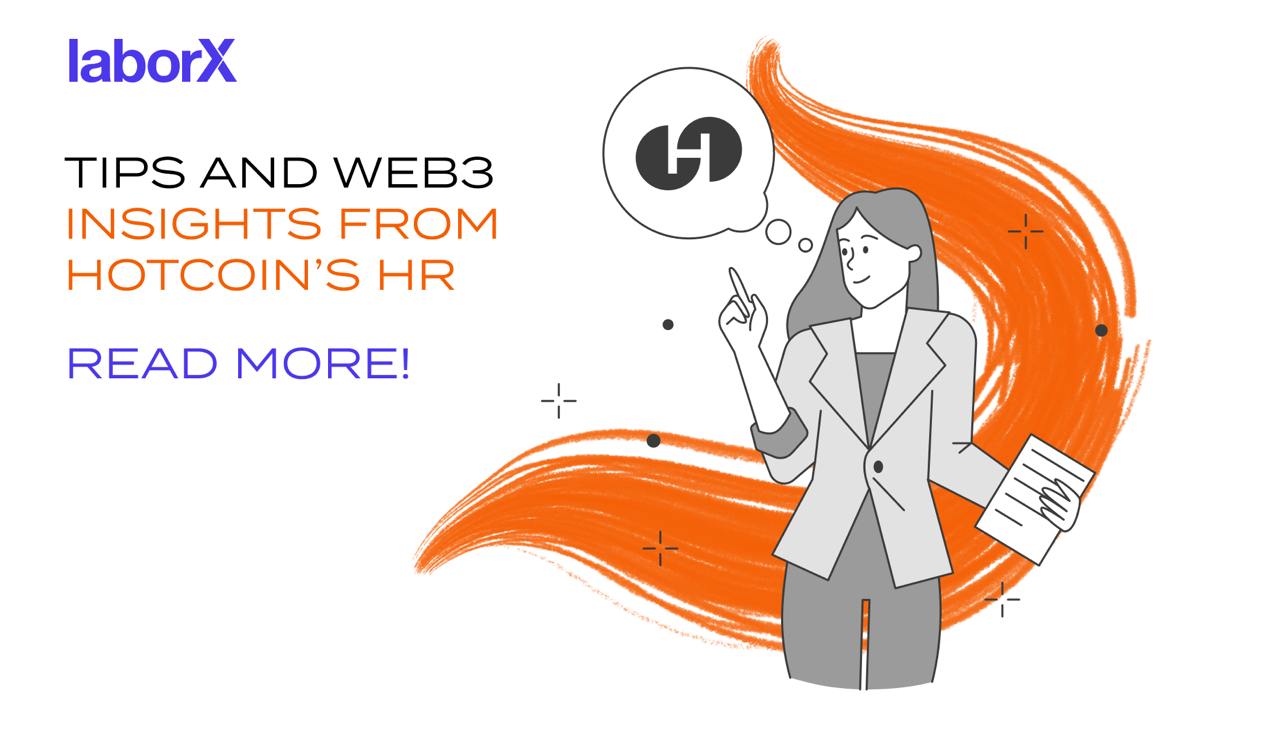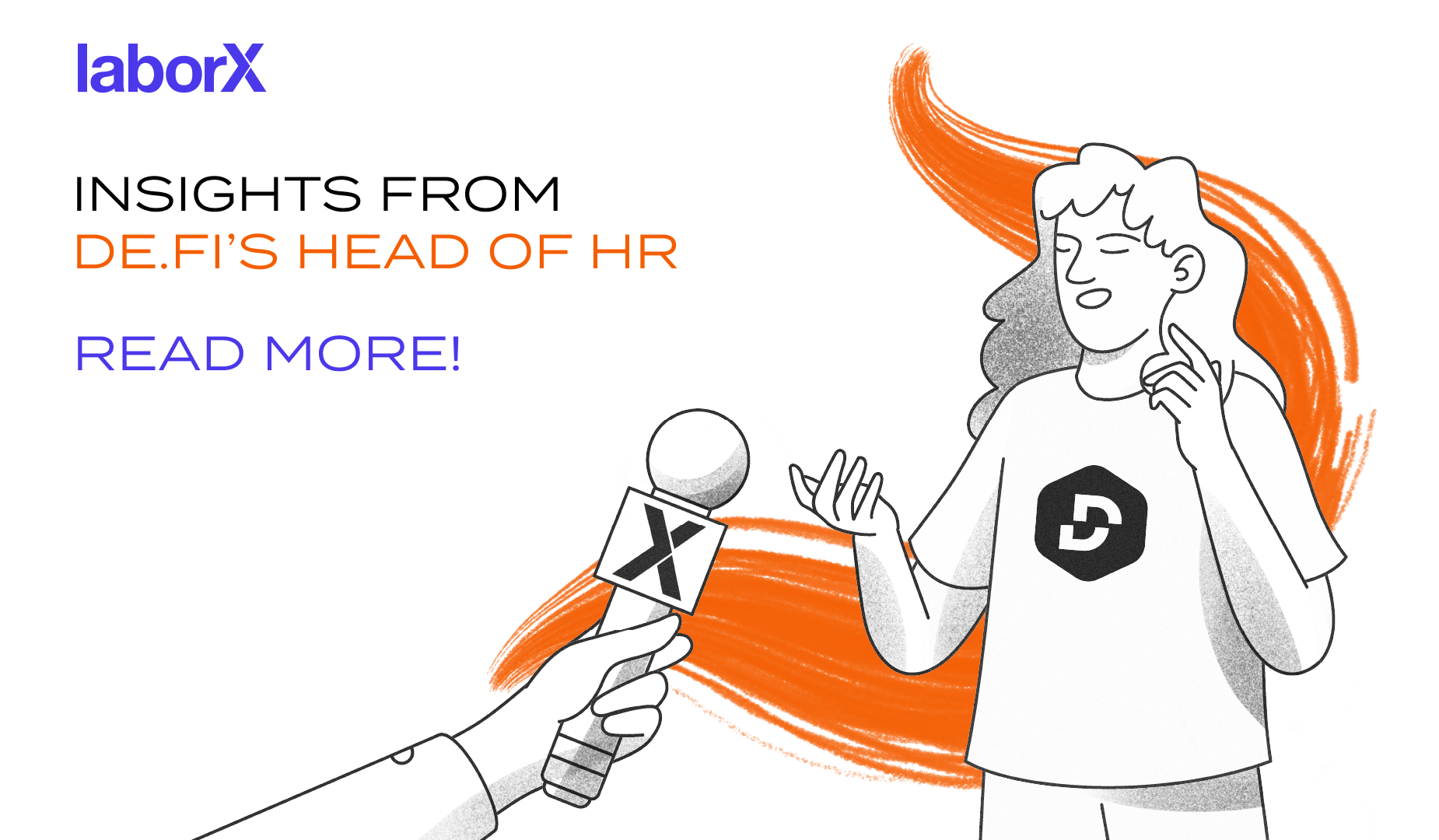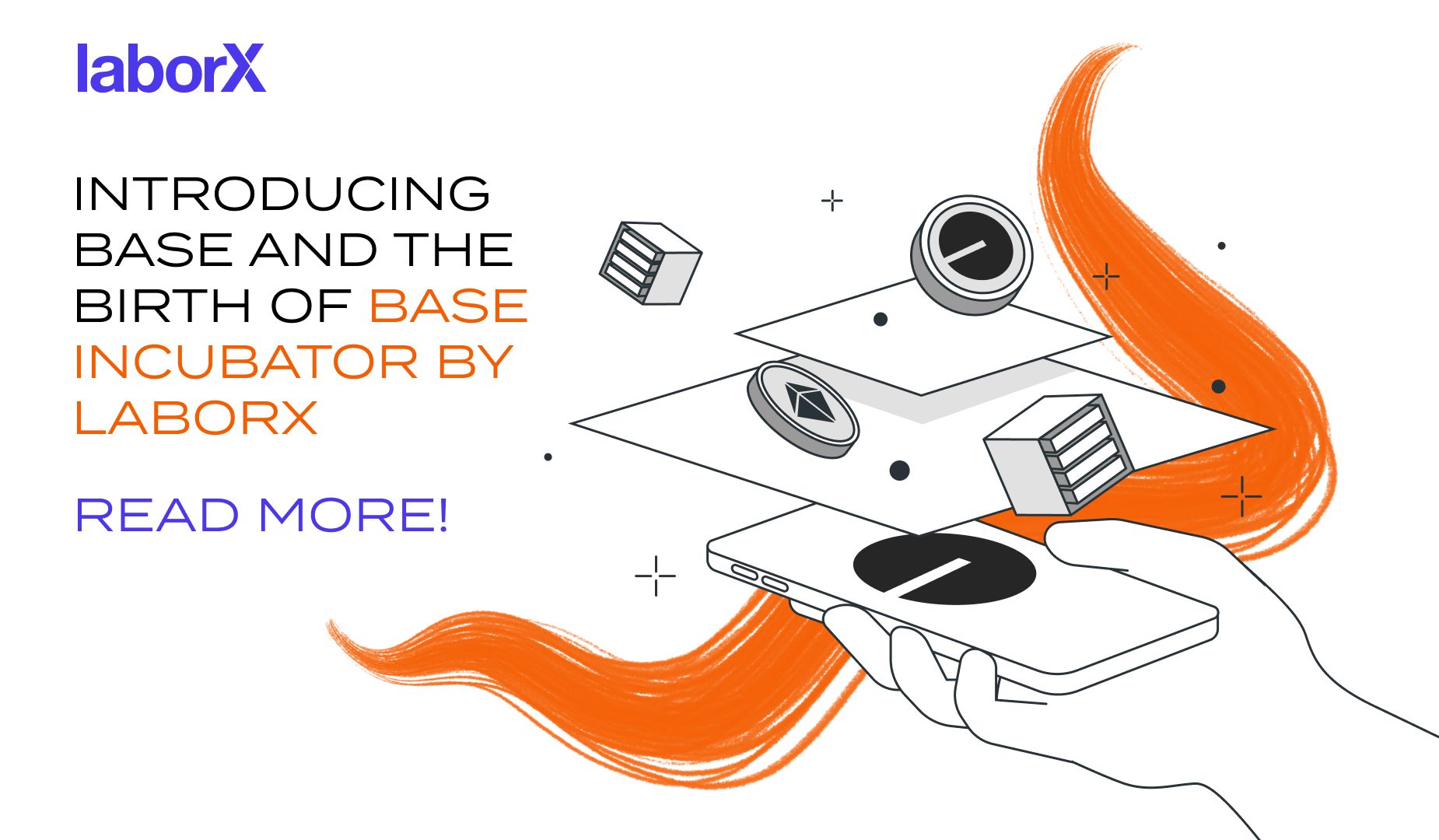Blockchain is changing more than just cash. Smart contract platforms like Ethereum and Binance Smart Chain have the ability to revolutionise how companies do business and interact with employees, as well as how they engage with customers and stakeholders of all kinds.
Blockchain technology has the potential to impact far more than our approach to money and investing. Given that a blockchain is a decentralised database, and databases underpin almost every business and online service, there are far-reaching implications for every industry. In the world of work, employers and employees can expect the game to change for recruitment, managing and retaining talent, back-office operations, and much else besides.
Just three of the areas we can expect blockchain to impact in the realm of employment are the way that businesses pay people; how they connect with employees and organise work; and how companies manage the packages of incentives they offer their staff.
1. Crypto Payments
Working remotely was already growing in popularity before the coronavirus pandemic saw employees forced to stay home and log into the office online. Now that the pandemic is easing, there are real questions about the extent to which companies even need conventional office space, or regular office hours. And once the barriers of distance and work hours have been overcome, there’s no reason why businesses shouldn’t throw open their doors to the global workforce and start employing the best people for the job, wherever they are based.
This is where crypto payments truly shine. The legacy banking system is not well-suited to moving money around the world frictionlessly. But crypto payments are borderless, efficient, instant, and completely open – the recipient doesn’t even need a bank account.
Stablecoins like USDC and Dai avoid the volatility inherent in cryptocurrencies like Bitcoin, meaning that anyone, anywhere can get paid without the concern that their salary might fall in value. This essentially enables businesses and employees to completely sidestep the banking system. Given the large proportion of the world’s population that remains unbanked or underbanked, this has huge advantages to both parties. Businesses can recruit competitively, and unbanked individuals aren’t shut out of the labour market.
But there are more advantages than this. One of the core features of Ethereum and other smart contract platforms is composability: the idea that tokens and applications with common standards can be plugged into each other seamlessly, building on each others’ functionality. ‘Programmable money’ facilitates new use cases and enables a complete rethink of the way we access work.
2. Recruitment and Management: The Gig Economy
The advent of programmable money means that payments can be closely integrated with other functionality, including recruitment and work progress.
In addition to remote working, the pandemic has catalysed the growth of the ‘Gig economy’: short-term, informal employment arrangements. Many of these gigs are arranged via global freelancer sites. These are, like most web services, centralised portals managed by companies with fixed costs and shareholders. As such, they generally take a fee of around 20 percent of each freelancer’s pay.
Blockchain-based versions of these freelancer sites are springing up. Some offer little more than crypto payments, allowing businesses to hire a freelancer from anywhere in the world and pay them efficiently. Others, like LaborX, integrate blockchain into the process of finding and organising work itself, which offers a number of further benefits:
- Fair, transparent recruitment. Reputation scores on freelancer sites show employers’ and employees’ track records, giving both parties the reassurance they are working with someone honest, competent and professional. However, on centralised platforms these scores are often manipulated with fake feedback, and employees may exaggerate their skills and experience. Decentralised reputation systems use information permanently stored on the blockchain, including payment transactions, making reputation scores more transparent and reliable – giving everyone greater confidence that the job will be done well and payment made promptly.
- Task-based payments. Smart contract-based work agreements can tie payment to specific milestones, so freelancers are automatically paid when they complete stages of a larger job – again reducing the risk of non-payment. Funds can be escrowed in advance to ensure the employer really does have the means to pay at the outset.
- Decentralised dispute resolution. Conventional freelancer sites solve disagreements between freelancers and employers through dispute resolution processes that can be expensive and are often managed by the company itself, which introduces a conflict of interests and typically biases the decision towards employers. Community-based resolution allows other stakeholders in the system, including other freelancers, to view evidence such as message trails, work agreements, and completed tasks, and come to a collective decision without any single points of failure.
All of these developments promise to revolutionise the way that those working in the gig economy find work and get paid – levelling the playing field and removing some of the disadvantages they currently experience.
3. Pensions and Incentives
One final way in which blockchain may change the face of employment is the way that companies provide financial incentives to employees such as pension provision and time- or performance-related bonuses. The blockchain gives individuals and businesses greater control and flexibility over these.
For example, the efficiencies of the blockchain mean that companies can easily allocate every employee a proportion of equity or other platform tokens as an incentive to retain talent, rather than just a small number of top executives. In the case of a crypto pension, funds can be time-locked until the agreed retirement date, and managed by automated strategies that maximise yield and reduce risk as the plan’s maturity date approaches. Alternatively, individuals can set up their own plans, putting funds out of reach for a certain amount of time, though retaining the option to draw down on their investment if circumstances make that necessary.
The Brave New World of Blockchain
Blockchain promises to decentralise payments, recruitment, work organisation, and more – improving access, removing single points of failure, increasing flexibility for businesses and making employment more competitive and rewarding for workers.
To find out more about working for crypto in the gig economy, check out
www.LaborX.com


